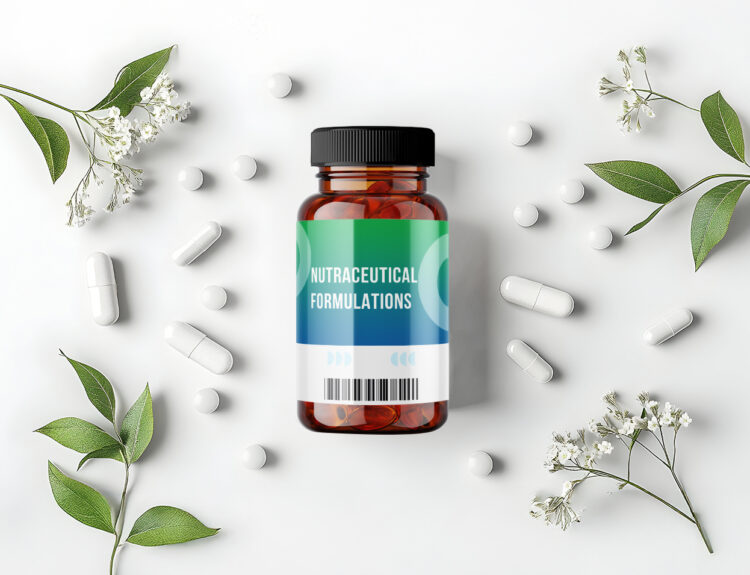A new study suggests plitidepsin, an eEF1A inhibitor could be used as a COVID-19 antiviral.
A large multinational team of US, France, and Spain scientists suggest the drug plitidepsin, an inhibitor of eEF1A protein is significantly more effective in treating COVID-19 than remdesivir in the laboratory setting. The study is published in Science.
The current standard of care for COVID-19 includes dexamethasone, a corticosteroid and remdesivir, an antiviral drug. Though dexamethasone and remdesivir improved clinical outcomes in COVID-19 patients, remdesivir (the first FDA-approved drug for COVID-19) has limited efficacy and dexamethasone (an anti-inflammatory drug) does not inhibit viral replication directly.
All viruses require a host’s cellular machinery to complete the viral life cycle. SARS-CoV-2 protein interaction map revealed 332 high-confidence protein-protein interactions (PPIs) between SARS-CoV-2 and human proteins. The PPIs are the key mediators of host-pathogen interactions, and these host proteins are likely to play a role in the viral life cycle of SARS-CoV-2. The identification of host dependency factors mediating virus infection revealed the potential drug targets to develop antiviral therapeutics against SARS-CoV-2. In cell culture, many existing drugs found to modulate the identified host protein and many drugs exhibited significant antiviral activity against SARS-CoV-2. The inhibitors that targeted the eukaryotic translation machinery showed potent antiviral activities.

In this new study, researchers investigated the host eEF1A (human eukaryotic translation elongation factor 1A) as a potential target for COVID-19 treatment. The eEF1A protein has been reported to play an important role in virus replication, especially RNA viruses. The team analyzed eEF1A inhibitor plitidepsin, a novel-anticancer agent that treats multiple myeloma, and found that the drug inhibited the host factor eEF1A and effectively reduced SARS-CoV-2 replication.
Researchers first analyzed the plitidepsin inhibition of SARS-CoV-2 replication using an immunofluorescence-based antiviral screening assay in Vero E6 cells. Plitidepsin inhibited SARS-CoV-2 and the findings suggest that plitidepsin is more efficient than other drugs such as ternatin and zotatifin in the same assay. The team next tested plitidepsin inhibition in human cells and found the drug is even more potent in human cells and the result revealed that the anti-SARS-CoV-2 activity of plitidepsin is 27.5 times more potent than remdesivir. Researchers also explored the in vivo efficacy of plitidepsin in mice infected with SARS-CoV-2 and found the drug significantly reduced the viral load and replication.
The researchers suggest their findings indicate that plitdepsin is a promising therapeutic candidate for COVID-19 and strongly suggest that plitidepsin be studied further to determine if it would be effective in human patients.

https://science.sciencemag.org/content/early/2021/01/22/science.abf4058







6 Comments
Telemedicine: How it Helps Doctors Maintain Nation's Health from Home?
5 years ago[…] that are scarce in developing countries. However, the economic slowdown brought about by the COVID-19 pandemic is likely to hinder significant progress for telemedicine, especially in developing […]
COVID-19 Updates: How Healthcare Industry is Doing in the Midyear?
5 years ago[…] used previously, the WHO now recommends against the use of chloroquine or hydroxychloroquine in the treatment of COVID-19. Instead, remdesivir is now the standard in managing moderate and severe […]
Is Dexamethasone the COVID-19 Cure We Are Looking For - MDforLives
5 years ago[…] COVID-19 Treatment Guidelines Panel recommends the use of dexamethasone at 6mg for ten consecutive days only in the […]
Wonder drug saves the day: Is Dexamethasone the COVID-19 cure we are looking for? - MDForLives
4 years ago[…] COVID-19 Treatment Guidelines Panel recommends the use of dexamethasone at 6mg for ten consecutive days only in the […]
Midyear COVID-19 updates: how is the healthcare industry doing? - MDForLives
4 years ago[…] used previously, the WHO now recommends against the use of chloroquine or hydroxychloroquine in the treatment of COVID-19. Instead, remdesivir is now the standard in managing moderate and severe […]
Telemedicine: How Do Doctors Maintain the Nation’s Health in the Safety of Their Own Homes? - MDForLives
4 years ago[…] that are scarce in developing countries. However, the economic slowdown brought about by the COVID-19 pandemic is likely to hinder significant progress for telemedicine, especially in developing […]